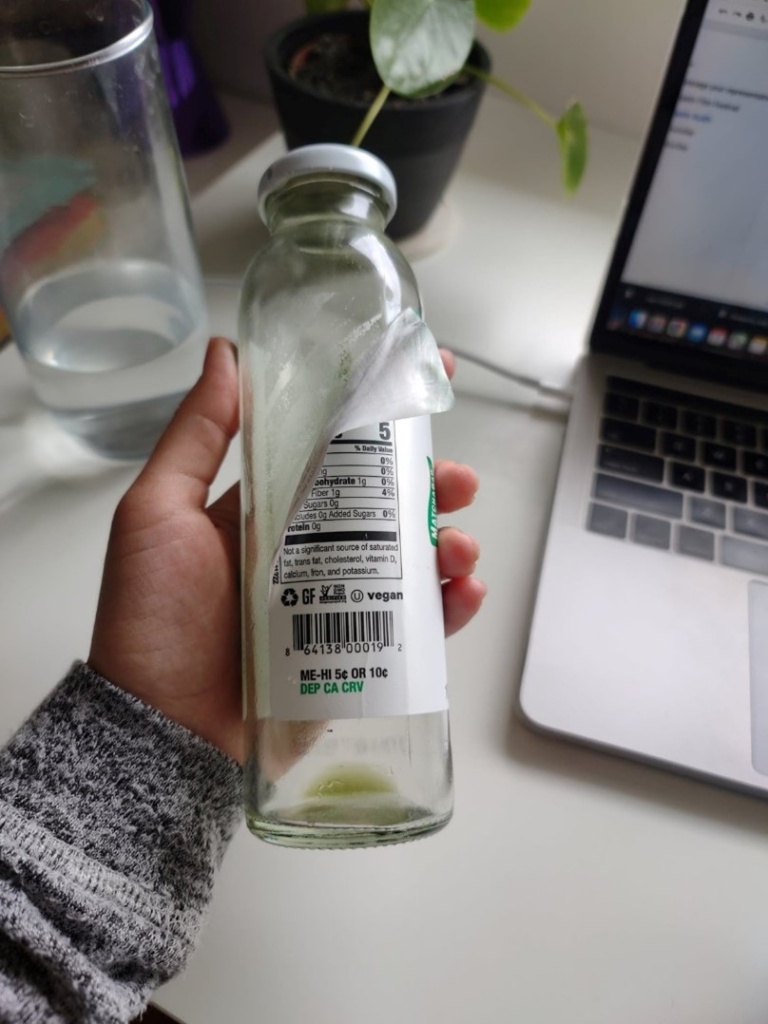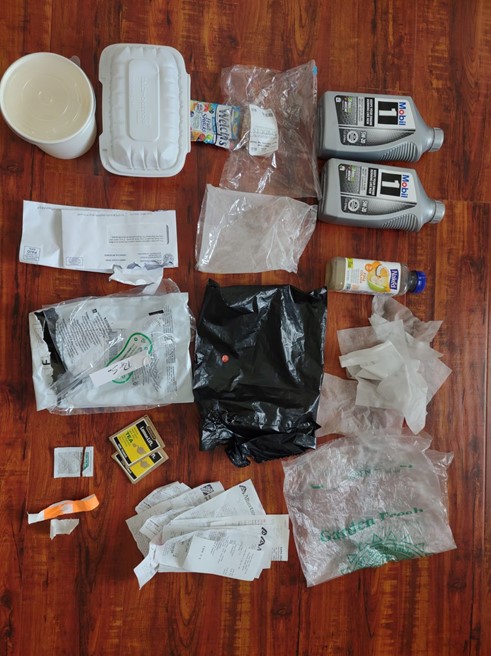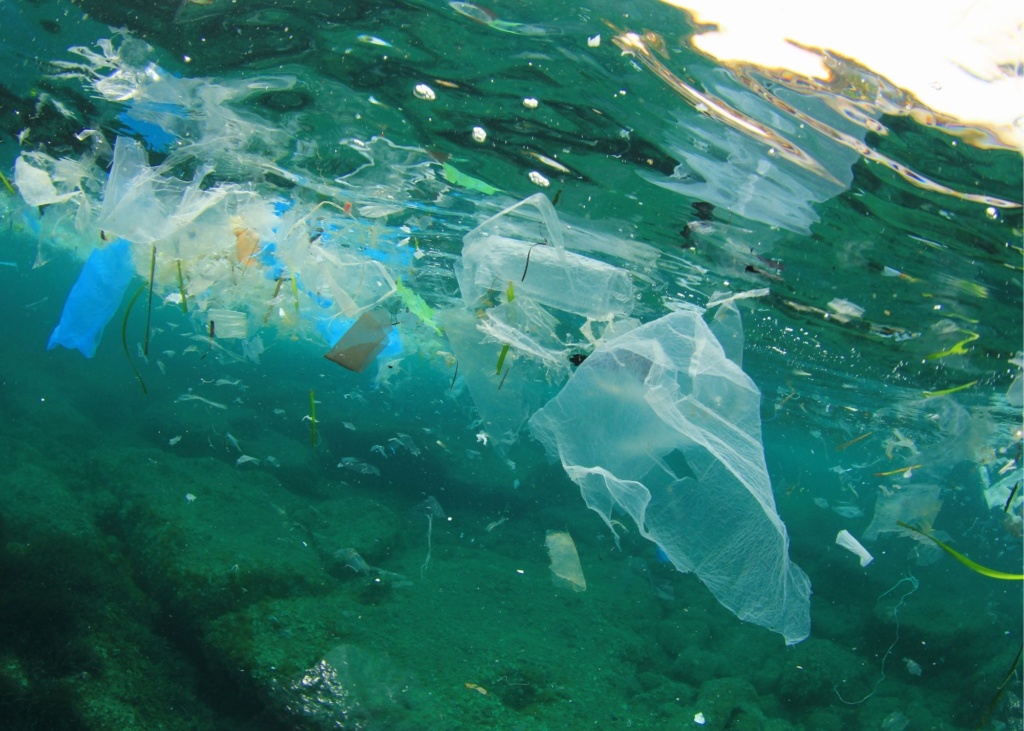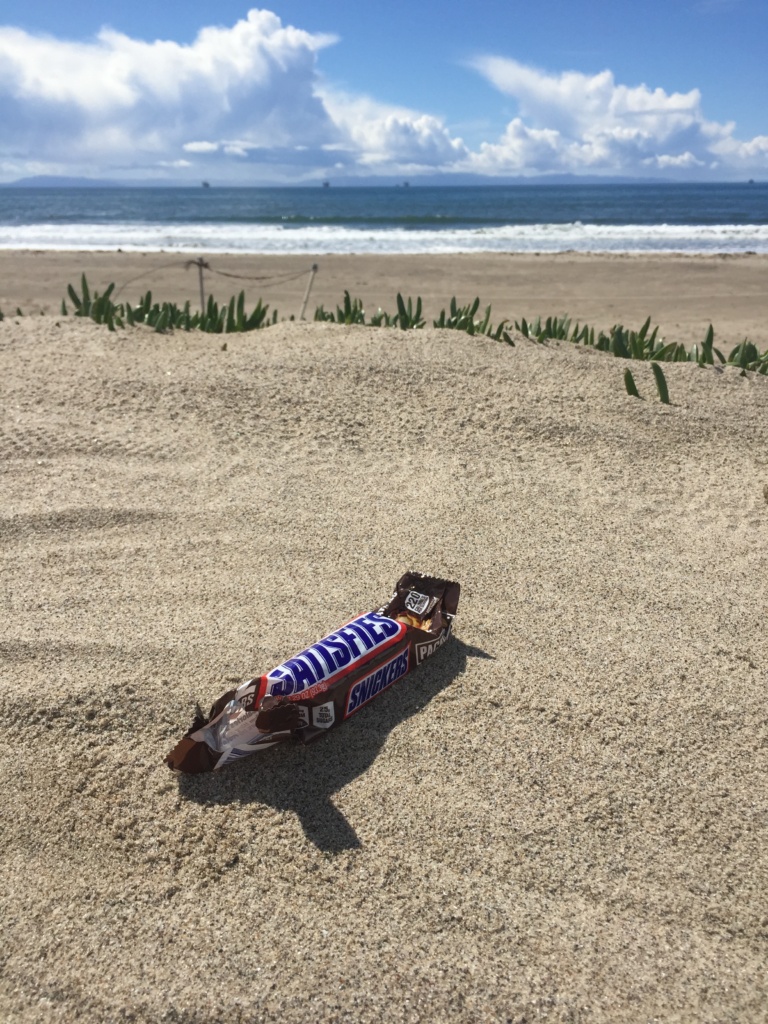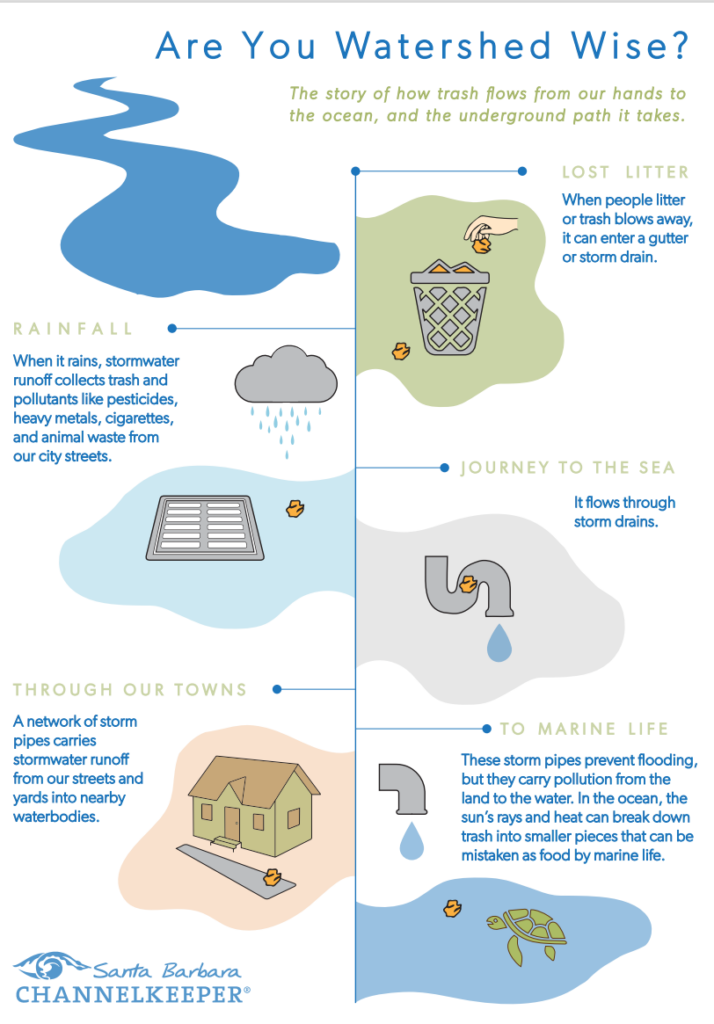We’re thrilled to welcome Ted Morton as Channelkeeper’s new Executive Director.
Ted brings an impressive list of professional accomplishments and skills, as well as 25 years of experience in ocean conservation.
Ted joins Channelkeeper from The Pew Charitable Trusts, where he directed the organization’s oceans’ programmatic work at the federal level. Prior to that, he directed a campaign to improve the international trade of coral reef wildlife at the Environmental Defense Fund and served as the vice president of organizational effectiveness and operations at SeaWeb. He’s extremely knowledgeable and passionate about environmental conservation and we’re thrilled to work with him to protect our coastal waters.
We took a moment recently to ask Ted a few questions about his interests, his background, and his enthusiasm for preserving the rich wildlife, ecosystems, and water quality in and around the Santa Barbara Channel.
1. What makes you excited to work in our area?
Santa Barbara is such a special place. On a personal level, being involved in protecting the richness of the area–the waters, wildlife, the habitats–is very exciting to me. I’ve worked in ocean conservation for more than 25 years, but primarily in Washington D.C. on efforts to influence policy in agencies and on Capitol Hill. I’ve never had a daily, direct connection to what I was working to protect. It was distant. So being able to work in a community where I can see and appreciate what makes the area so special and the results of protection are really exciting to me. I look forward to helping monitor Goleta streams, joining public education efforts on the Channelkeeper’s boat, and advocating for a healthy, clean Channel, in addition to working with community members who are passionate about the place where we live and work. Channelkeeper does amazing work. I cannot wait to settle in, get started, and build on its record of accomplishments.
2. What are you most proud of? Is there an environmental accomplishment that stands out?
That would probably be the passage of the National Beach Bill. When I first started working at American Oceans Campaign in 1993, it was one of the first projects that were handed to me. It was, go out and build cosponsors. Get members of Congress to sign on saying that they support the bill and would like to see it move. It took time. We made changes. There was a significant public education effort and it involved leading a lot of advocates throughout the country and in Washington D.C. I was persistent in building up support for it and eventually, it did pass with solid bipartisan support in 2000. It was modeled on what California was doing, but took it to a national level. That’s the accomplishment that I’m most proud of because the passage of the National Beach Bill set federal standards for beach water testing protocols and practices.
3. What’s your favorite aquatic pastime?
I love to swim, kayak, snorkel and I enjoy walking along the beach early in the morning or late in the evening. I hope that I’ll find time to take on some new activities in the upcoming year like paddleboarding.
4. Was there a defining moment in your childhood that led you to environmental work?
Yes. It was in college, actually, when I helped form the environmental club at Furman University. I also did an internship during my junior year with the National Audubon Society. I spent 10 weeks in Washington D.C. My supervisor was moving from Utah and didn’t give me enough work to do during the first two weeks so I went up and down the hall and gathered assignments from many different programs, from grassroots volunteer initiatives and endangered species policy to data input on ancient forests in the Pacific Northwest. That was a defining moment that launched me into environmental policy as a career path.
But if you asked my mother, she would tell you that I’ve always been an environmental advocate and that I was really into recycling when I was in elementary school.
5. If you were a marine organism what would you be and why?
I would be a large pelagic fish like a bluefin tuna or a swordfish because they travel long distances and I really enjoy travel. They are also pretty charismatic, fast swimmers, and high up on the food chain.
6. Do you believe that local actions can have a larger global impact?
Absolutely. Local actions show that change is possible and they can inspire people in other places as well. Today, with the internet and social media, we have platforms that allow us to learn about what people are doing all across the world. A local initiative can create meaningful change that can have far-reaching influence. And when other communities implement the same change, it can help inform policy, so that changes can become standard in other areas throughout a county, region, or nation.
If you would like to connect with Ted to personally welcome him, you can reach him at [email protected].

